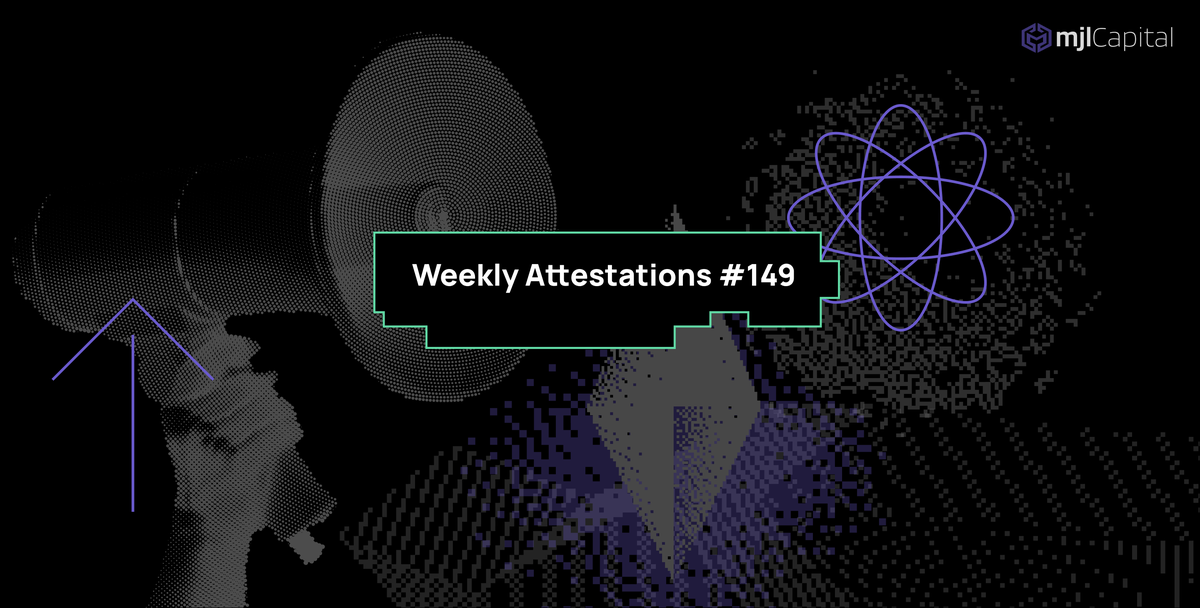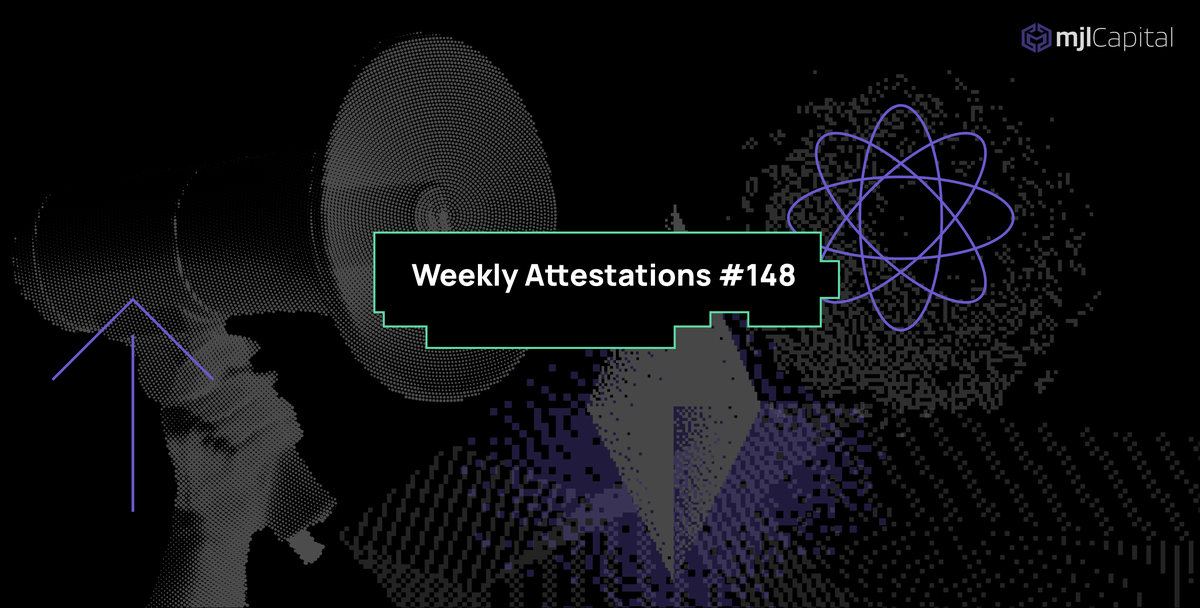Challenges & Solutions: Lido's Growing Influence in Ethereum Staking
The Ethereum community has expressed concerns about the centralization of Lido, a prominent staking service provider for ETH. With nearly one-third of all ETH staked through Lido, there are worries about breaching critical consensus thresholds, which could lead to significant centralization. If Lido's market share continues to grow, it could potentially censor transactions and reorder them to maximize MEV extraction. At a 66% market share, Lido could effectively control the validator set and influence Ethereum governance decisions, posing risks of double spending and transaction censorship. While there have been calls to constrain Lido's growth, implementing such controls through a hard fork is challenging due to the entrenched commercial interests of large staking entities like Lido, Coinbase, and Binance. Some propose "vampire attacks" to encourage users to divest from large staking providers, but these approaches may face limitations. Despite concerns, Ethereum's decentralized staking model is seen as a preferable alternative to centralized control by exchanges like Coinbase. Lido is actively working to address centralization concerns and empower users. See similar: Lido Finance Faces Slashing Penalty of More Than $30,000 in Ethereum

Source: Ren (X)
Real USD stablecoin turns illiquid
Tangible, a project that tokenizes real-world assets, experienced a 50% crash in the value of its Real USD (USDR) token due to a wave of DAI redemptions, which left the coin 60% backed by real estate. The project, which is the fourth-largest protocol on Polygon by total value locked, is now facing liquidity challenges and potential de-pegging, highlighting the risks associated with tokenizing illiquid assets.
Ethereum Layer 2 Network Scroll's zkEVM on Mainnet
Ethereum Layer 2 network Scroll has seemingly launched its zkEVM on the mainnet without an official announcement. Users can already connect to the mainnet using web3 wallets and transfer funds via third-party bridges, resulting in over 370 ETH ($565,000) being bridged, involving nearly 1,000 transactions and over 500 unique users. Dapps like ScrollSwap and Merkly are integrating with the Scroll mainnet, and Scroll applications have a total value locked of over $190,000, as per DeFiLlama.
Base's Rollup Rollercoaster Ride
In September, Coinbase's optimistic rollup protocol, Base, showed strong performance, drawing attention due to its brand name connection and familiarity with the OP stack. It hosts friend.tech, contributing to the recent social finance (SoFi) breakout, benefiting developers with around $20 million in earnings since its August launch. Base initially outpaced its competitors in the optimistic rollup space, with a 7-day moving average of nearly 1.5 million transactions, far surpassing Arbitrum and Optimism. However, Base recently experienced a correction, with its transaction average dropping to about 478,8500 by October 15th, marking a 65% decline from its peak. Although Base remains an active player in the optimistic rollup sector, it lags behind Optimism and Arbitrum in terms of locked funds. The full extent of its preeminence in the space is yet to be determined.

Source: The Block
COMP-ounding Interest in Crypto Markets
Stablecoin Annual Percentage Yields (APYs) have consistently increased in major lending markets throughout the year. This growth is driven by the arbitrage opportunity of borrowing stablecoins at rates lower than those offered by Real World Assets (RWAs). As RWAs become more accessible, stablecoin APYs are expected to align more closely with real-world interest rates, around 5%. Notably, the recent rise in Compound APYs is primarily due to increased reward APY, driven by token incentives rather than organic demand. On Ethereum mainnet, COMP incentives have provided an additional 1% yield in the past month, and on platforms like Arbitrum and Base, higher COMP incentives account for the majority of deposit yields. Morpho, built on top of COMP, has experienced a similar growth in APY.

Source: Messari
Regulation
JPMorgan Leads the Way: Pioneering Blockchain Collateral Settlement with BlackRock and Barclays
JPMorgan recently conducted its first live blockchain-based collateral settlement transaction, partnering with BlackRock and Barclays. This innovative transaction involved using JPMorgan's Ethereum-based Onyx blockchain and Tokenized Collateral Network (TCN) to tokenize shares from one of BlackRock's money market funds. These tokens were then transferred to Barclays Plc to serve as collateral in an over-the-counter (OTC) derivatives trade. This development signifies a significant step in the tokenization of traditional financial assets and underscores JPMorgan's leadership in this space, where it is now joined by other major banks like Citi.
California's Crypto License Law: A License to Bill
California Governor Gavin Newsom has signed the Digital Financial Assets Law, which will take effect in July 2025. This law, often compared to New York's "BitLicense," mandates the California Department of Financial Protection and Innovation (DFPI) to establish a regulatory framework for cryptocurrencies. It includes a licensing system and grants the DFPI enforcement and rulemaking powers within the crypto sector, along with an 18-month implementation period to adapt to industry trends and protect consumers.
SEC Won’t Appeal Grayscale Bitcoin ETF Ruling: Reports
Grayscale's GBTC has been rising in anticipation of its trust being converted into a spot Bitcoin ETF. Prior to the legal victory where judges criticized the SEC's decision to block the conversion, GBTC had been rallying on the prospect of multiple spot Bitcoin ETF applications from companies like Blackrock, Fidelity, Valkyrie, and VanEck. This optimism helped narrow the discount between GBTC's share price and the net asset value of the Bitcoin in the trust, which had previously widened due to the absence of a redemption mechanism for GBTC shares. The U.S. Securities and Exchange Commission (SEC) has decided not to appeal its loss in the Grayscale case, indicating an evolving regulatory landscape in the cryptocurrency space. This move paves the way for Grayscale's application to progress and potentially opens doors for more spot Bitcoin exchange-traded funds (ETFs) in the U.S., allowing it to catch up with Europe and Canada, where ETFs have already gained popularity among investors.

Source: The Block
Global Push for Crypto Regulations Grows as BIS and IMF Take Action
The international financial community, including entities like the Financial Stability Board and the International Organization of Securities Commissions, as well as individual countries like France, Portugal, Germany, and India, is increasingly advocating for a global regulatory framework for cryptocurrencies and DeFi. Collaborative efforts are underway, with the Bank for International Settlements (BIS) and the International Monetary Fund (IMF) actively working on systems to monitor crypto activities and support regulatory development. The BIS's "Project Atlas" aims to track the flow of cryptocurrencies globally by combining on-chain and off-chain data to identify potential risks to financial stability. Meanwhile, the IMF has released a "Crypto-Risk Assessment Matrix" to assess macrofinancial risks from crypto assets at a country level, helping identify vulnerabilities and triggers and providing relevant policy tools.
SBF in the Ring
Former Alameda Research CEO Caroline Ellison, in her testimony, revealed that she created seven balance sheets under Sam Bankman-Fried's direction. These balance sheets were prepared before her meeting with Genesis' co-head of trading and lending, Matt Ballensweig. Allegedly, Bankman-Fried chose a specific balance sheet that concealed the fact that Alameda owed $9.9 billion to FTX customers in June 2022. During her testimony, Ellison mentioned that Bankman-Fried instructed not to send this particular balance sheet to Genesis. The reason for this decision was that Alameda had borrowed $10 billion from FTX and had $5 billion in loans to its own executives and affiliated entities. There was concern that Genesis might share this sensitive information. Notably, Ballensweig had previously resigned from Genesis in September 2022, as reported by The Block.
Former Voyager Digital CEO Steve Ehrlich Faces U.S. Regulatory Lawsuits for Fraud and Misrepresentation
The Commodity Futures Trading Commission (CFTC) and the Federal Trade Commission (FTC) have filed lawsuits against former Voyager Digital CEO Steve Ehrlich, accusing him of fraud and deliberately misrepresenting customer protections. The CFTC's court filing also categorized Circle's USDC stablecoin and bitcoin as commodities. Ehrlich is alleged to have defrauded customers by misleading them about the company's strength and operating without the required registrations. The FTC claimed that he provided false information regarding customer funds' protection by the Federal Deposit Insurance Corp.
Other Domestic Regulation Updates
- 3AC fire sale: Spencer Ventures to buy 144 Pudgy Penguins for ‘mid six figures’
- FTX proposes settlement of customer property disputes to speed up bankruptcy proceedings
- US Senators urge IRS to accelerate crypto tax rules
Other International Regulation Updates
- FTX Trial: Daily Coverage and Summary
- Israel Freezes Crypto Accounts Seeking Donations for Hamas
- Overseas Firms Flout UK Restrictions on Crypto Ads
- FCA restricts Binance partner from approving crypto ads
Pain & Gain
Pain
- Crypto Firm Coinhouse Slashes Workforce 15% Citing 'Reduced Enthusiasm for Web3'
- Ethereum validator queues drop to record lows
- Trader Joe, the prominent Avalanche-based DEX, is facing another lawsuit from Trader Joe's, the U.S. grocery chain
- DeFi protocol Platypus suffers second flash loan attack in 9 months
- MetaMask Crypto Wallet Briefly Pulled from Apple App Store
- Litecoin celebrates two milestones as it struggles to hold relevancy
- Upbit Has Been Targeted 160,000 Times
Gain
- Bitcoin Mining Activity Surges as Difficulty Soars to New Peak
- GMX to receive largest share of Arbitrum's $40 million grant, Lido misses out
- Hong Kong Crypto VC Titan Pours $100MM into Web3 Fund
- Visa: Crypto Partnerships Facilitated $1B in Payments Since 2021
- Billionaire Paul Tudor Jones Backs Bitcoin and Gold as Geopolitical Risks Rise
- DYdX founder touts ‘tailor-made’ decentralized derivatives market
Important Legal Notices
This reflects the views MJL Capital LLC (“MJL”), but it should in no way be construed to represent financial or investment advice. Nothing in this correspondence is intended to constitute or form part of, and should not be construed as, an issue for sale or subscription of, or solicitation of any offer or invitation to subscribe for, underwrite, or otherwise acquire or dispose of any security, including any interest in any private investment fund managed by MJL. Any such offer may only be made pursuant to a formal confidential private placement memorandum of any such fund, which may be furnished to potential investors upon request and which will contain important information to be considered in connection with any such investment, including risk factors associated with making any investment in any such fund. Further, nothing in this correspondence is, or is intended to be treated as, investment or tax advice. Each recipient should consult their own legal, tax and other professional advisors in connection with investment decisions.
Domenic Salvo is a Managing Partner at MJL Capital, helping lead Portfolio Research and Investor Relations.




